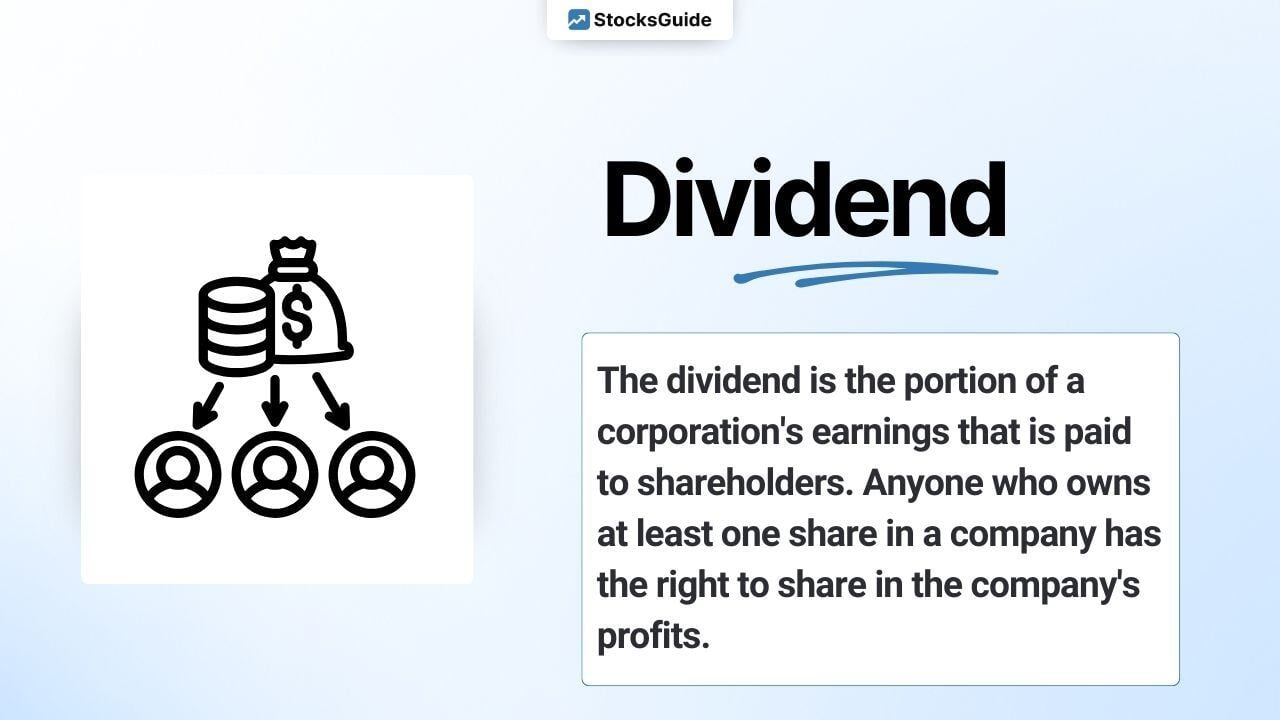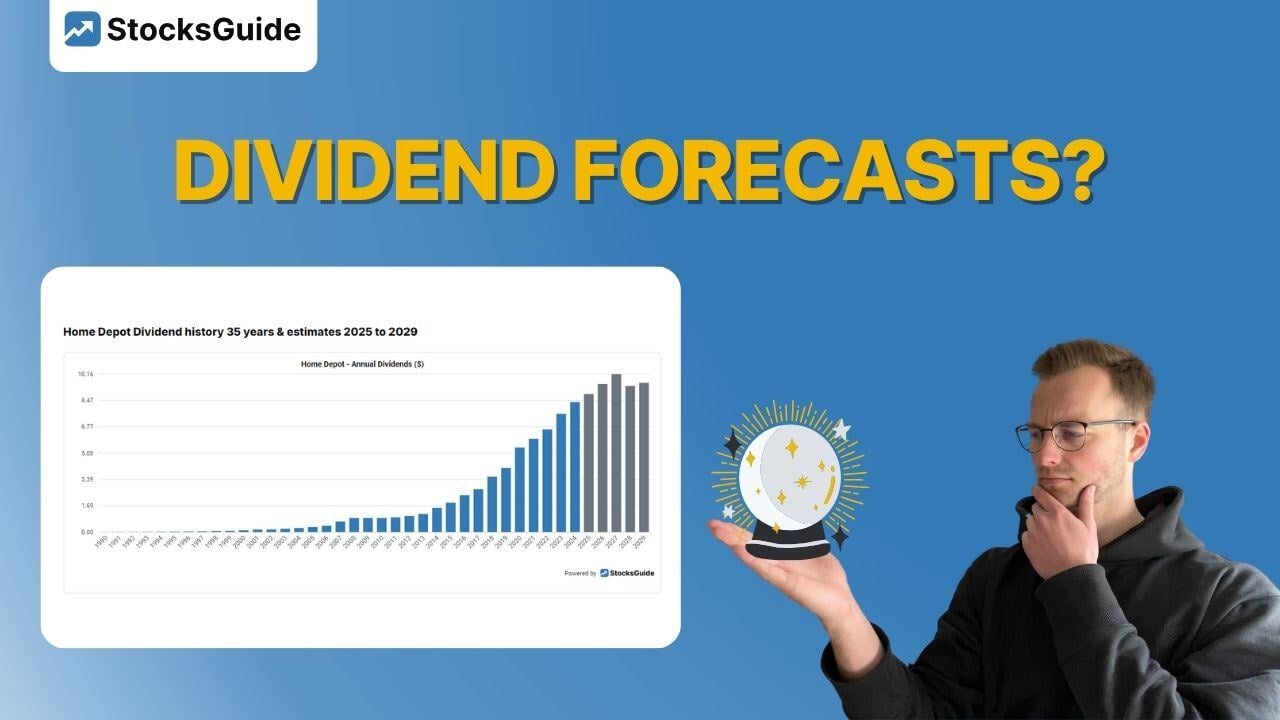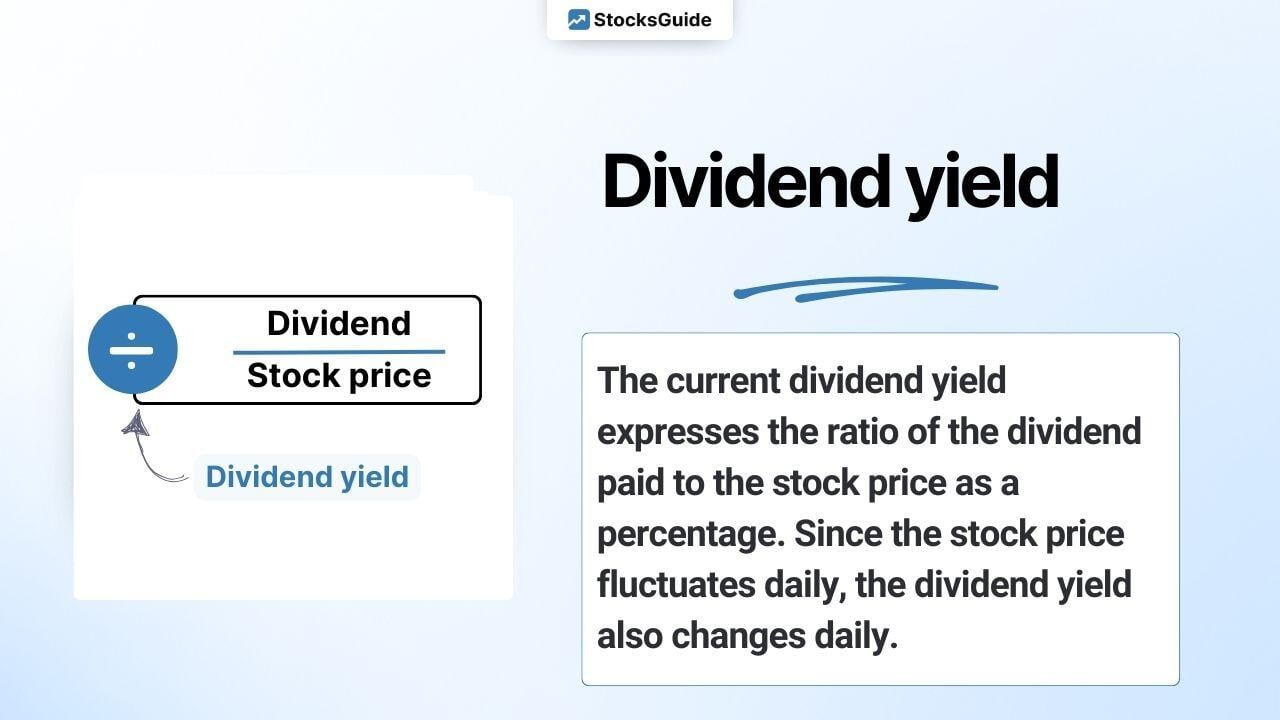What is a dividend?
A dividend is the share of a public limited company's profits that is paid out to shareholders. Anyone who owns at least one share in a company has the right to participate in the company's profits. This process is also known as dividend distribution. The dividend per share is the portion of the profit attributable to the individual share.
Which companies pay dividends?
Large, established and often slow-growing companies often pay a dividend. Fast-growing companies, for example, often do not pay dividends as they reinvest all the profits they make. A company is not obliged to pay a dividend.
Of the so-called “FAANG stocks” (Facebook, Apple, Amazon, Netflix and Google), only Apple has so far decided to pay a dividend. Apple share dividends:

When is a dividend paid?
In Germany, dividends are usually paid out once a year. Most DAX companies pay their dividends in April, May and June. American companies, on the other hand, generally pay dividends quarterly, i.e. four times a year.
How do you receive a dividend?
To receive a dividend, you must be a shareholder of a company that pays dividends. In Germany, you must own the share on the day of the annual general meeting. On the so-called “record day”, it is determined which shareholders are entitled to a dividend. In the USA, you must have the share in your securities account two days before the “dividend record date”.
| Stock | Dividend yield |
| Apple | 0.47% |
| Microsoft | 0.74% |
| NVIDIA | 0.02% |
| Saudi Aramco | 6.11% |
| Taiwan Semiconductor Manufacturing Co. | 1.31% |
| Eli Lilly and Company | 0.59% |
| Broadcom | 1.35% |
| JPMorgan Chase & Co. | 2.05% |
| Walmart | 1.24% |
| Novo Nordisk | 1.13% |




